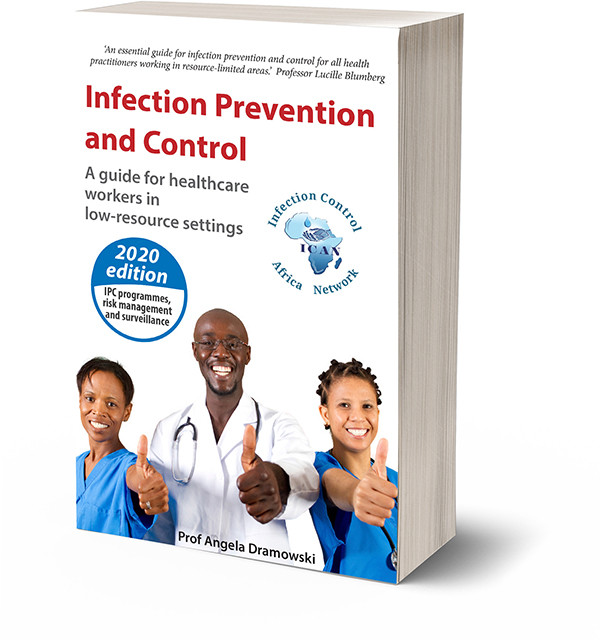Quiz 8: The governance and organisation of healthcare in South Africa
Please choose the one, most correct answer to each question or statement.
- Which of the following is the highest authority in South Africa?
- The Cabinet
- The President
- The Constitution
- The Council of Provinces
- The three main branches of government should be independent of each other. This important democratic principle is called:
- The universal franchise
- Proportional representation
- Liberty, equality and brotherhood
- The separation of powers
- Which branch of government is responsible for making laws?
- The legislature
- The executive
- The judiciary
- The cabinet
- When a law is being made, a “green paper” is often presented to the public for discussion. A green paper is:
- The first document that introduces a proposed law for discussion
- A more detailed statement of what the government intends to do
- A draft law that must be approved by cabinet
- A statement from government lawyers that the draft law is consistent with the constitution
- The National Department of Health:
- Develops health policies
- Runs clinics and hospitals
- Employs clinical staff
- Makes decisions about the purchase of major items such as X-ray machines
- Provincial departments of health:
- Are responsible for monitoring environmental pollution and pest control
- Inspect public eating places
- Are responsible for running hospitals and clinics and managing the health budget
- Receive their budgets directly from the National Department of Health
- In local government, a “ward”:
- Is a person designated by the mayor to be responsible for a community
- Coordinates the activities of local municipalities
- Is only found in metropolitan municipalities
- Is the smallest unit of local government. Voters in a ward elect a councillor to the local or metropolitan council
- Regulations:
- Are general principles that do not need updating regularly
- Must be approved by both houses of Parliament
- Lay out the details of how a law will be applied
- Are decided by cabinet
- Which statement about statutory bodies is true?
- They have to answer to the President
- They are established by an Act of Parliament to produce regulations and administer laws
- The South African Pharmacy Council is responsible for ensuring the quality of medicines sold in South Africa
- The Council for Medical Schemes is responsible for registering private doctors
- Which statement about policies is true?
- Once a policy is made, it should not be updated for 10 years
- Policies should only be made by the superintendent or chief executive of a hospital
- Ignoring policies is a legal offence
- The aim of a policy should be made clear
- Which of the following is a primary care facility?
- A hospital which only treats children
- A mobile clinic
- A facility that provides chronic care to the elderly
- An emergency unit at a large hospital
- Which is a specialised hospital?
- A TB hospital
- A hospital for women’s problems only
- A hospital with a ward for teenagers
- A teaching hospital
- In South Africa, general practitioners usually work in:
- Specialised hospitals
- District hospitals
- Regional hospitals
- Tertiary hospitals
- A specialist in general paediatrics usually works in which sort of hospital in South Africa?
- Primary care clinic
- District hospital
- Regional hospital
- Tertiary hospital
- A paediatric cardiologist usually works in which sort of hospital in South Africa?
- Primary care clinic
- District hospital
- Regional hospital
- Tertiary hospital
- The commonest type of hospital in South Africa is a:
- Specialised hospital
- District hospital
- Regional hospital
- Tertiary hospital
- Emergency centres in South African government hospitals:
- Require referral from a general practitioner
- Are often used by people seeking primary care
- Work on an appointments’ only basis
- Usually require payment in advance
- In South Africa, emergency ambulances:
- Are dispatched on a “first come first served” basis
- Must always go to the closest hospital
- Ambulance crews can decide whether they think a case is serious before attending
- Can take a government patient to a private facility for stabilisation if necessary
- Who provides primary health services in schools?
- School health nurses
- Private general practitioners
- Specially trained teachers
- There are no health services in schools
- Which statement about the prison health service is true?
- It is completely separate from the Department of Health, meaning that prisoners do not need to be seen in government hospitals
- It is well staffed
- The security precautions for prisoners seen in government hospitals is the responsibility of the department of correctional services
- Prisoners are at low risk of infectious disease because they are physically separated from each other

